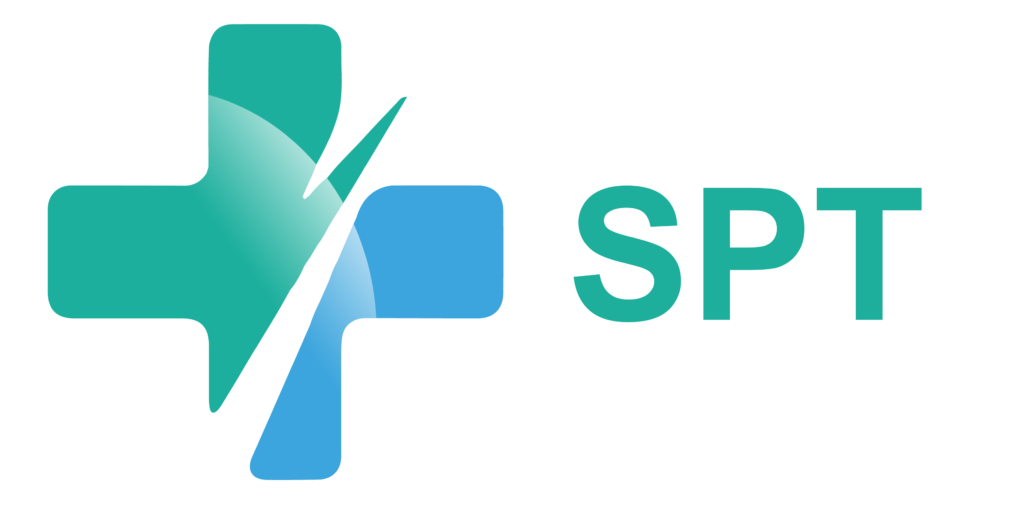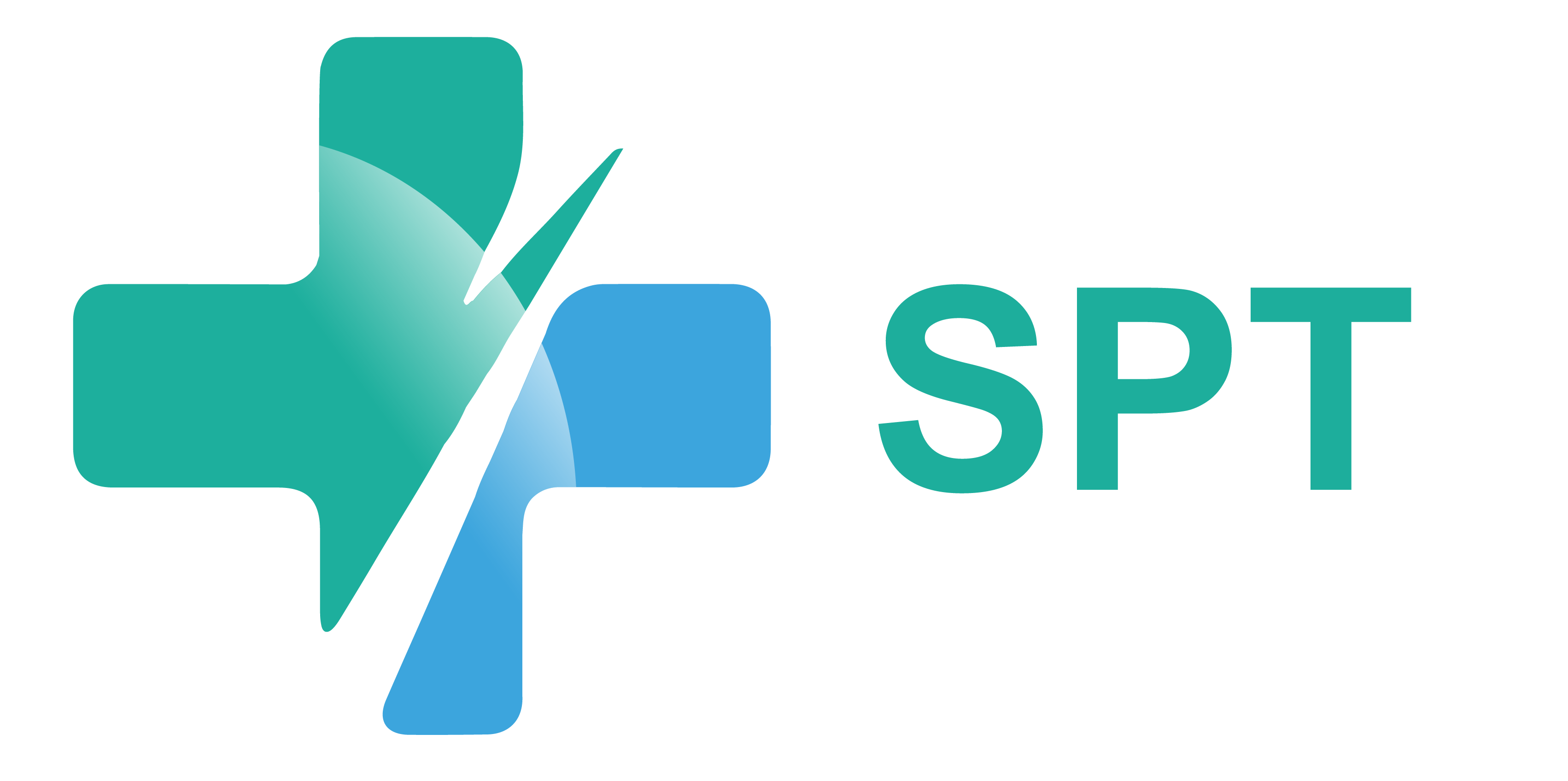The rise of telehealth has transformed healthcare delivery, offering patients convenient access to specialist care and improving overall healthcare efficiency. For gastroenterologists, telehealth offers a valuable tool for consultations, medication management, and post-procedural follow-up. However, navigating the intricacies of Telehealth Billing Guidelines for Gastroenterologists can be a complex task. This comprehensive guide unpacks the essential elements of telehealth billing, ensuring accurate reimbursement and a smooth transition to this evolving practice.
Medicare Physician Fee Schedule (MPFS) Final Rule
Understanding the Medicare Physician Fee Schedule (MPFS) Final Rule is crucial for gastroenterologists billing for telehealth services. The MPFS outlines the codes, modifiers, and place-of-service (POS) designations used for telehealth billing. Here’s a breakdown of key aspects:
- Covered Services: The MPFS covers a wide range of telehealth services for gastroenterologists, including consultations, chronic disease management, preventive care, and psychotherapy.
- Evaluation and Management (E/M) Coding: Similar to in-person visits, gastroenterologists use E/M codes to document the complexity of telehealth encounters. The appropriate code selection is based on factors like medical history review, examination (if applicable), and medical decision-making.
- Place of Service (POS) Codes: For telehealth encounters, gastroenterologists use POS code 11 (Office) to indicate the service would have been performed in an outpatient setting.
- Modifiers: Modifier 95 is appended to E/M codes to signify a telehealth service delivered via synchronous audio-visual technology. For audio-only telephone consultations, specific codes (99441-99443) are used.
Telehealth in Gastroenterology: Billing Considerations
Beyond the MPFS framework, several additional factors influence Telehealth Billing Guidelines for Gastroenterologists:
- Patient Location: For appropriate gastroenterology billing, the patient’s location during the telehealth encounter is crucial. Medicare generally requires patients to be in a distant site facility, defined as a healthcare facility not geographically contiguous to the physician’s office.
- Payer Requirements: While Medicare sets the standard, private payers may have different telehealth coverage policies. Gastroenterologists should verify coverage and specific billing requirements with each payer before delivering telehealth services.
- Documentation: Accurate and detailed documentation is essential for proper coding and successful claim adjudication. Documentation should encompass the nature of the virtual visit, the patient’s presenting concerns, medical history review, virtual examination findings (if applicable), assessment, plan, and any additional services provided.
Strategies for Faster Processing and Reduced Errors
Optimizing the billing process for telehealth services can expedite claim processing and minimize errors. Here are some strategies to consider:
- Invest in a Telehealth-Friendly Billing System: A robust billing system can streamline coding, modifier selection, and POS designation for telehealth encounters.
- Educate Staff: Clinical and billing staff should receive ongoing training on the latest Telehealth Billing Guidelines for Gastroenterologists. This ensures consistent application of regulations and reduces errors.
- Regular Audits: Conducting internal audits of telehealth claims can identify and address any coding or documentation inconsistencies before claim submission.
Conclusion
Telehealth offers a valuable tool for gastroenterologists to expand patient access to care and enhance service delivery. By understanding the Telehealth Billing Guidelines for Gastroenterologists, including the MPFS Final Rule, patient location requirements, and payer-specific policies, gastroenterologists can ensure accurate and efficient billing. Investing in a telehealth-friendly billing system, staff education, and regular audits further optimizes the billing process and unlocks the full potential of telehealth for both patients and providers.




